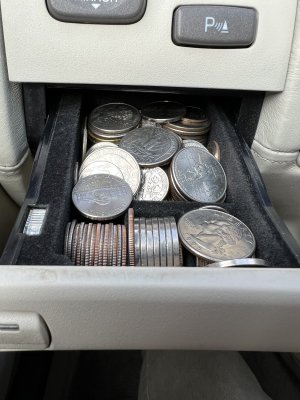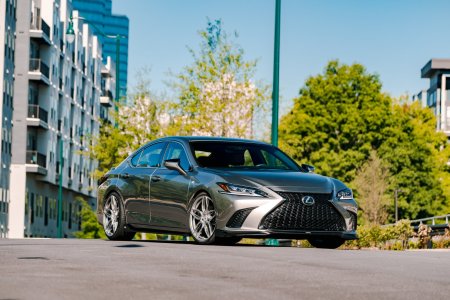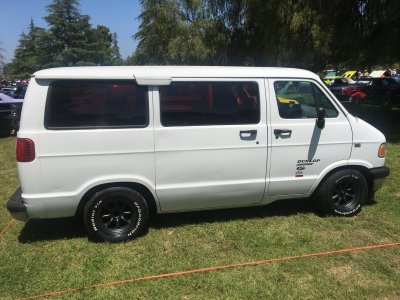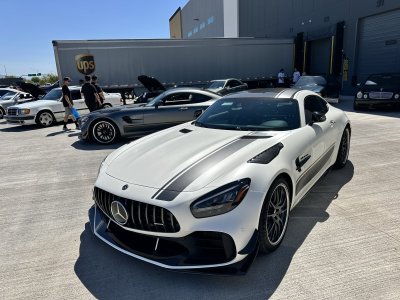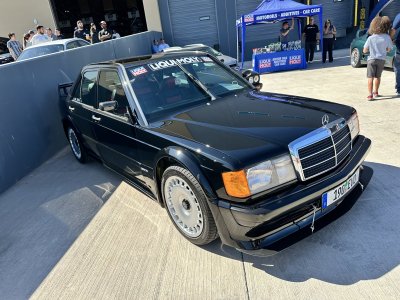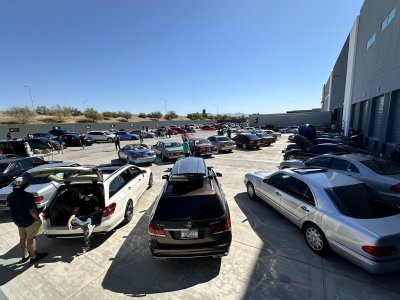- 509
- 912
- Joined
- Jun 1, 2013
Redline

Yellow MKIV Supra

Thanks for sharing Nelson, never seen this before

Wanted to share an inside look at perhaps the coolest car factory in the world: Koenigsegg
Home of the 19 inch 5.9kg (13lb) cf wheel






